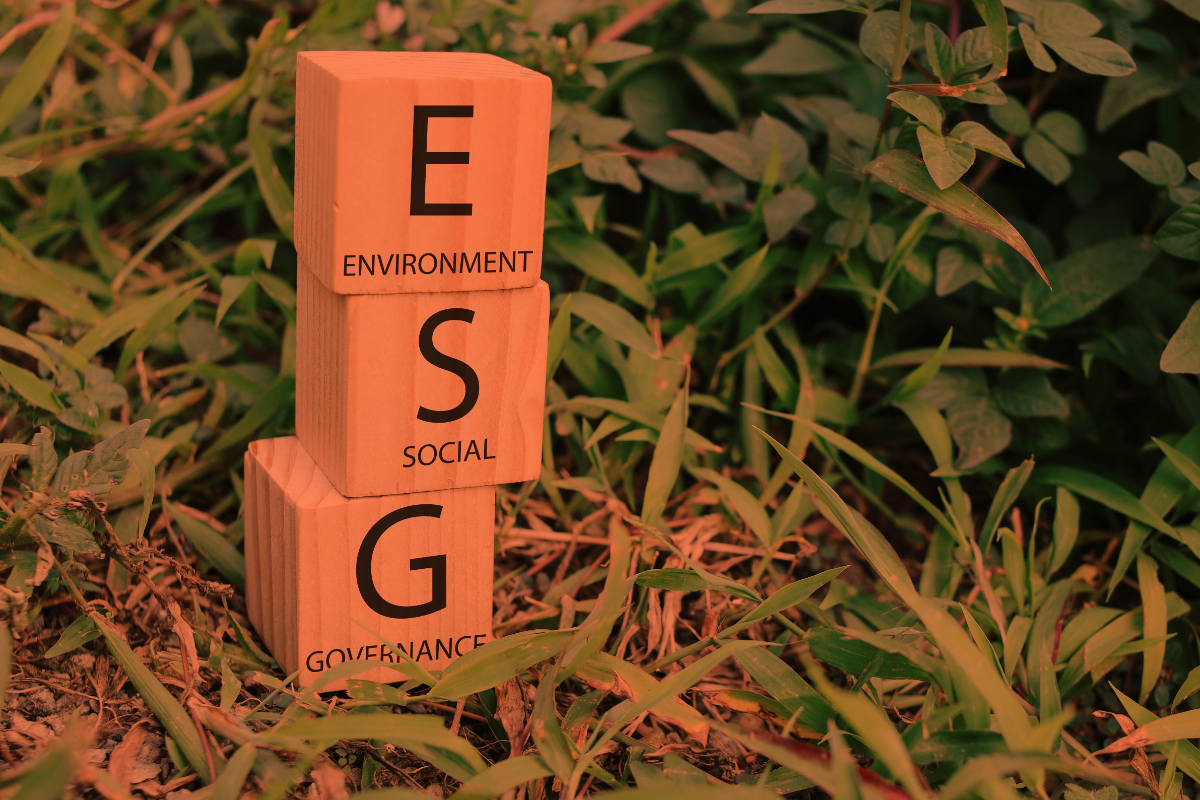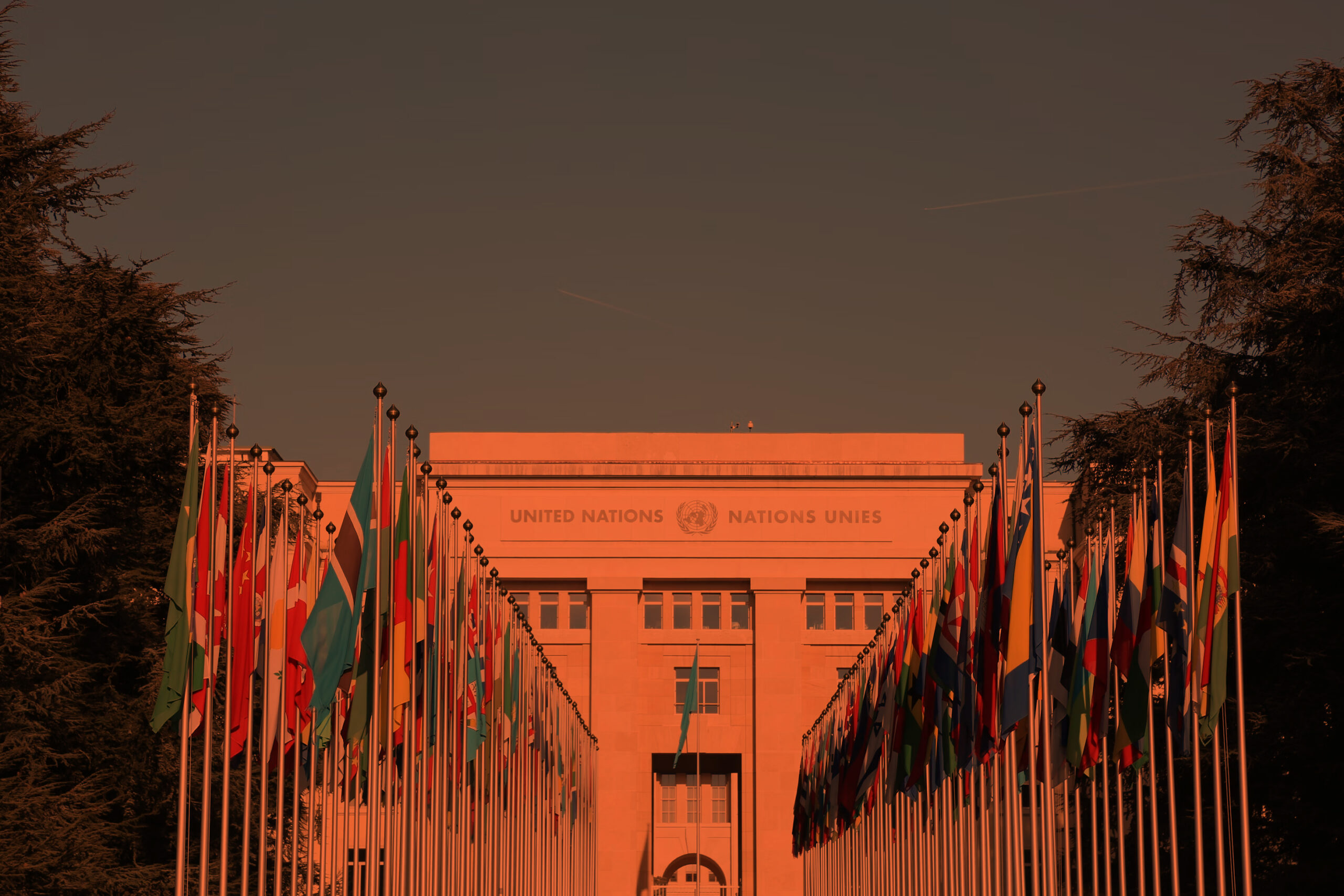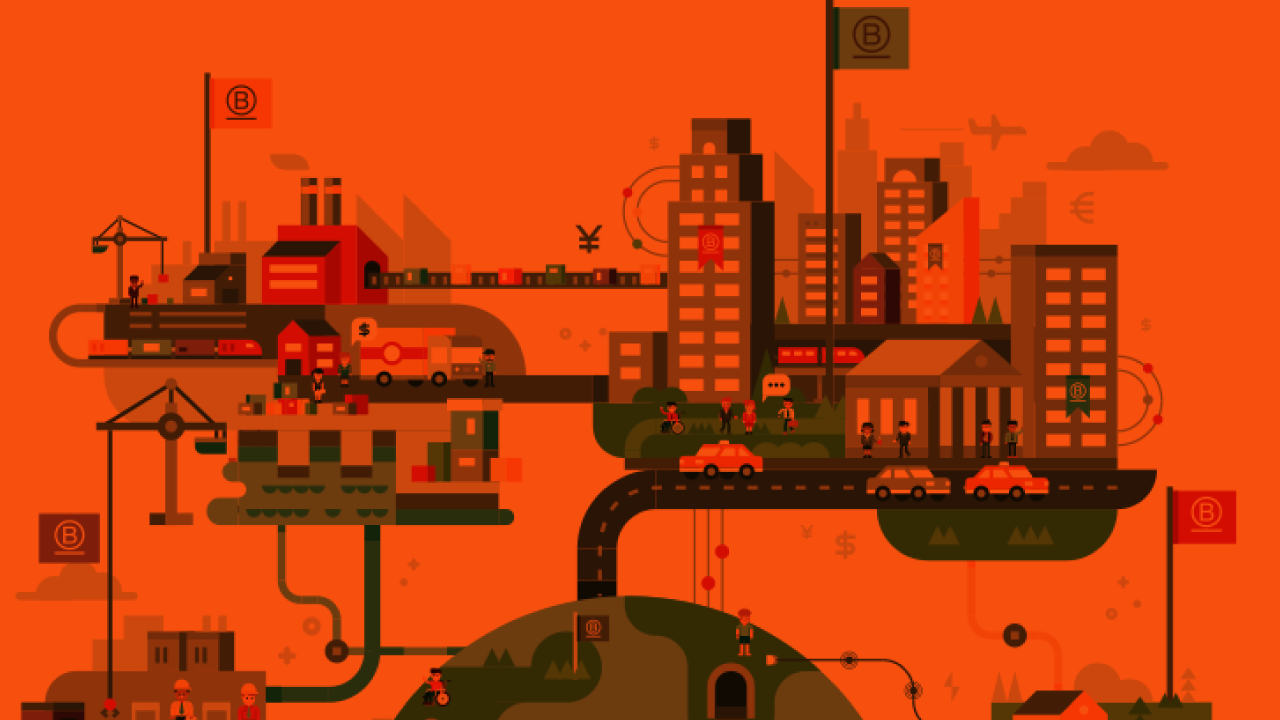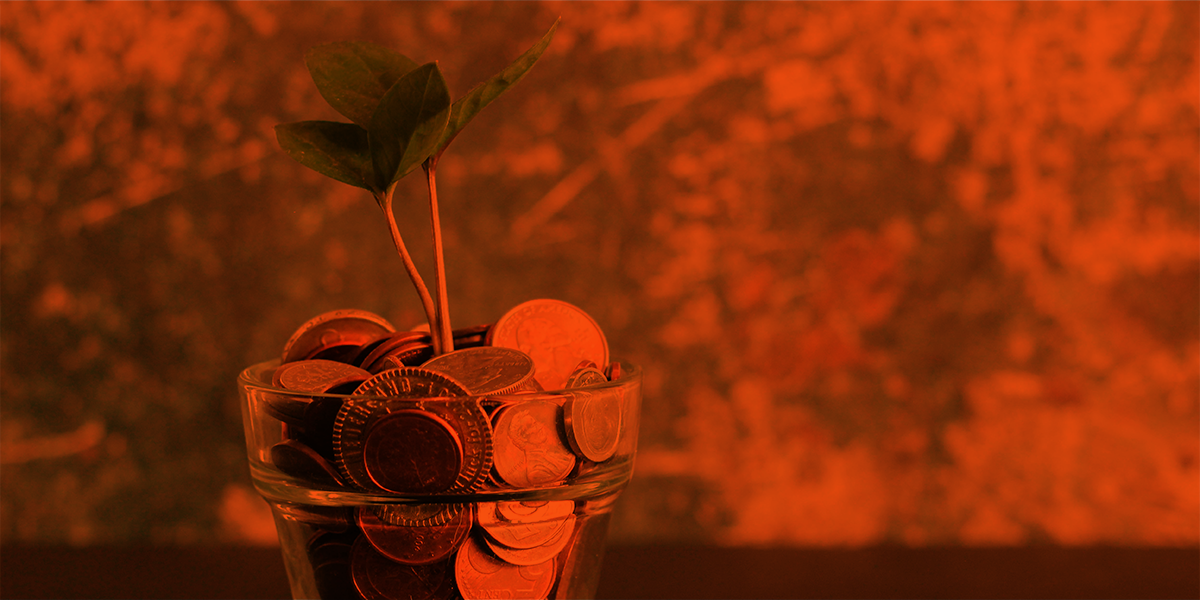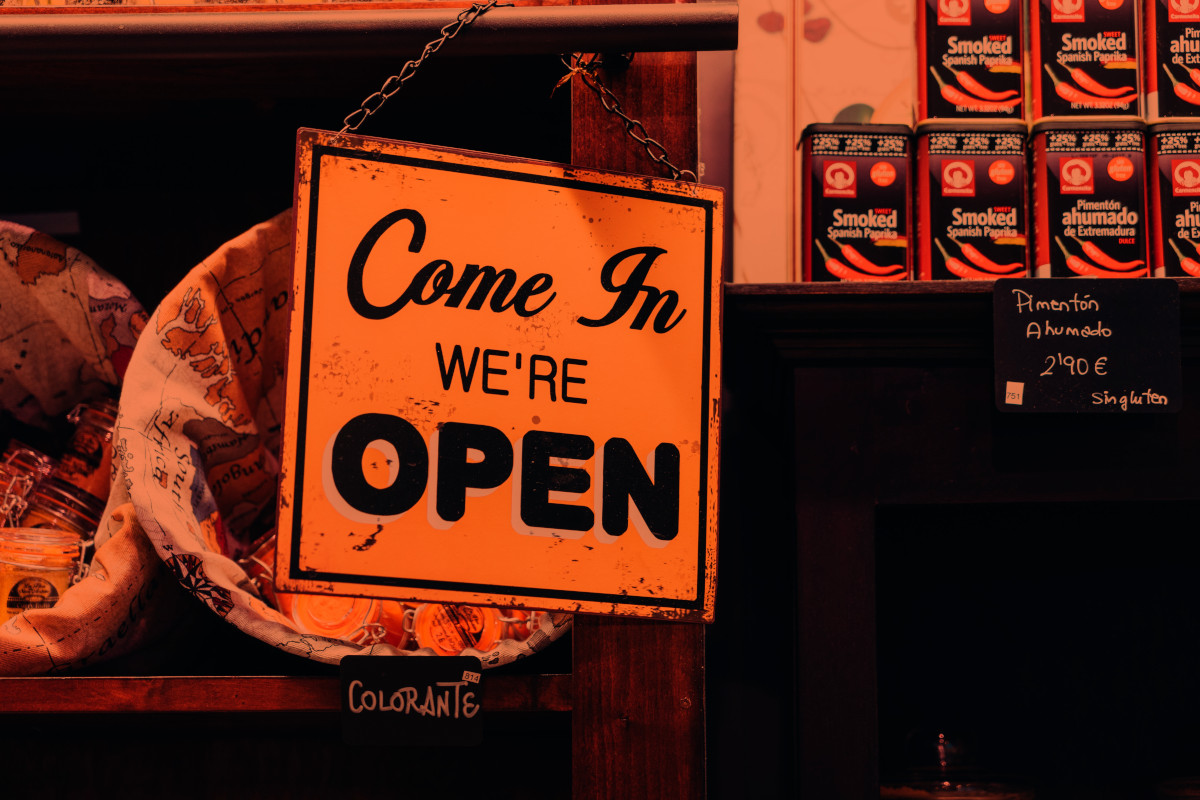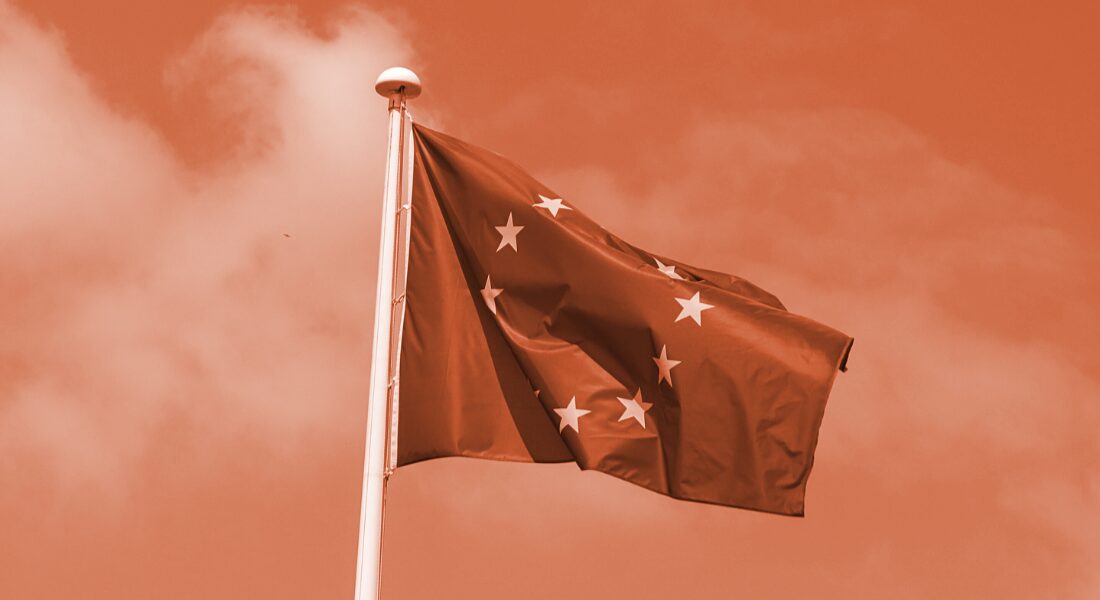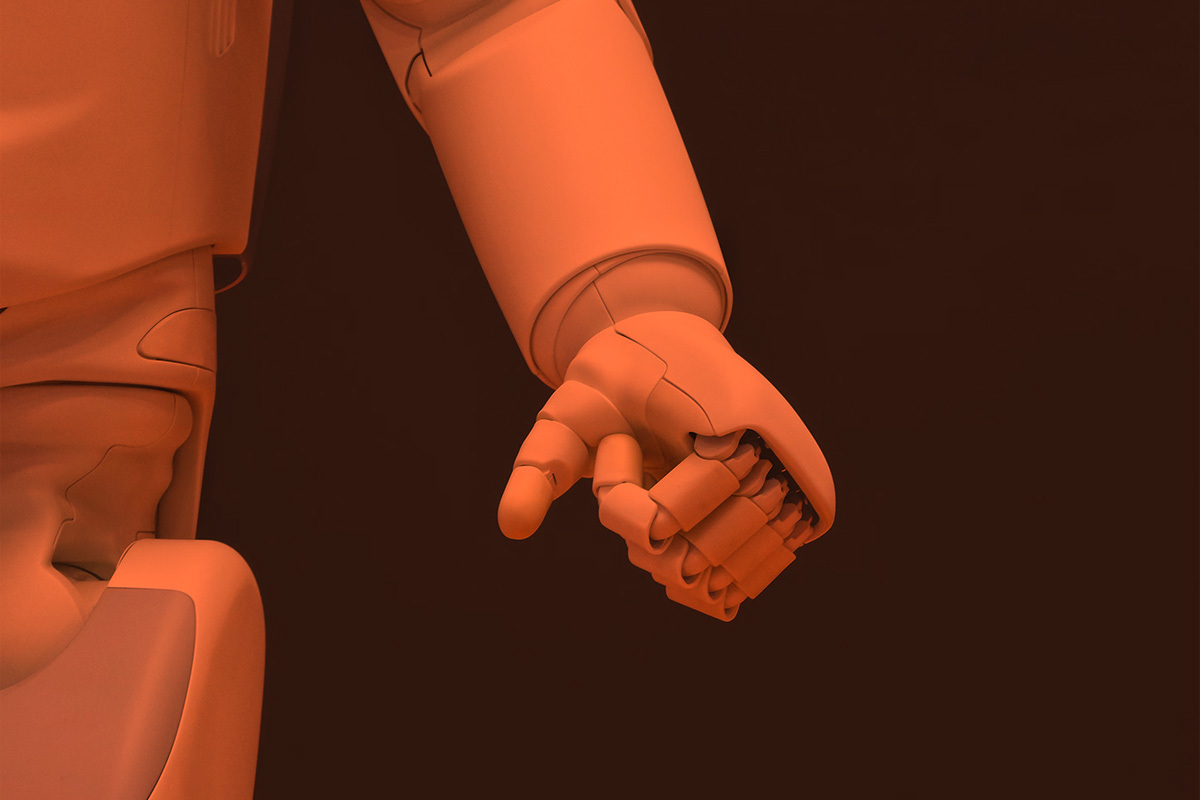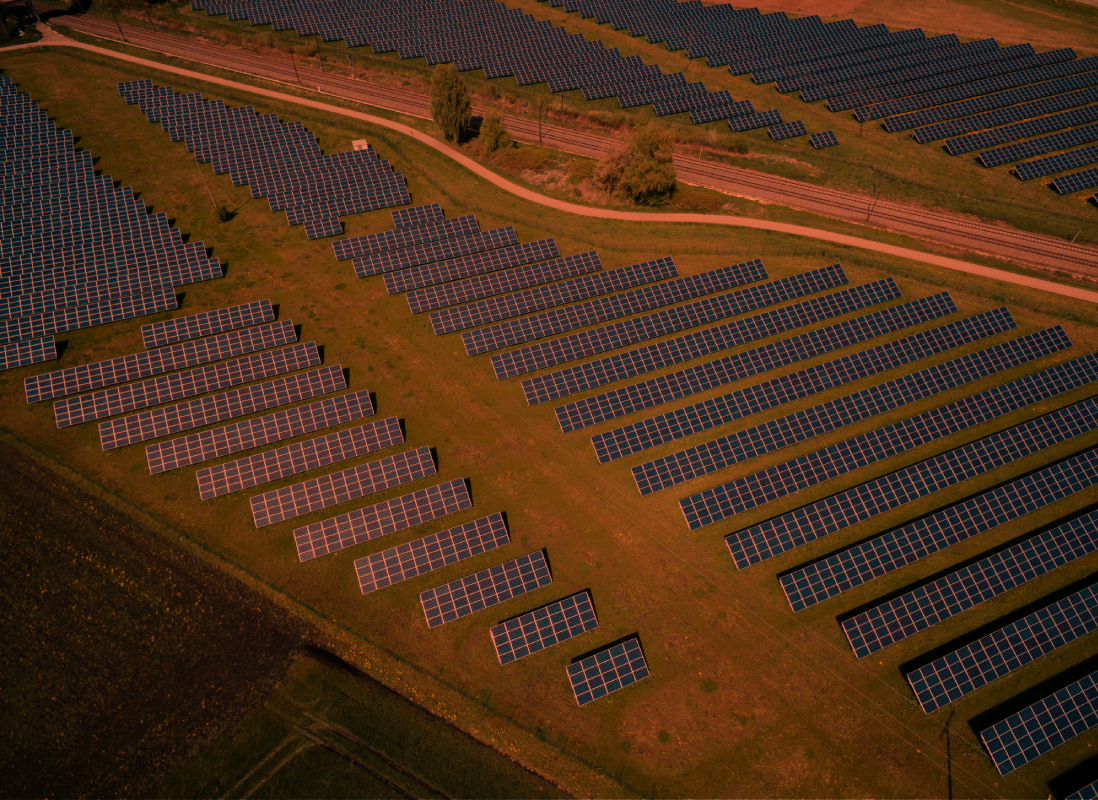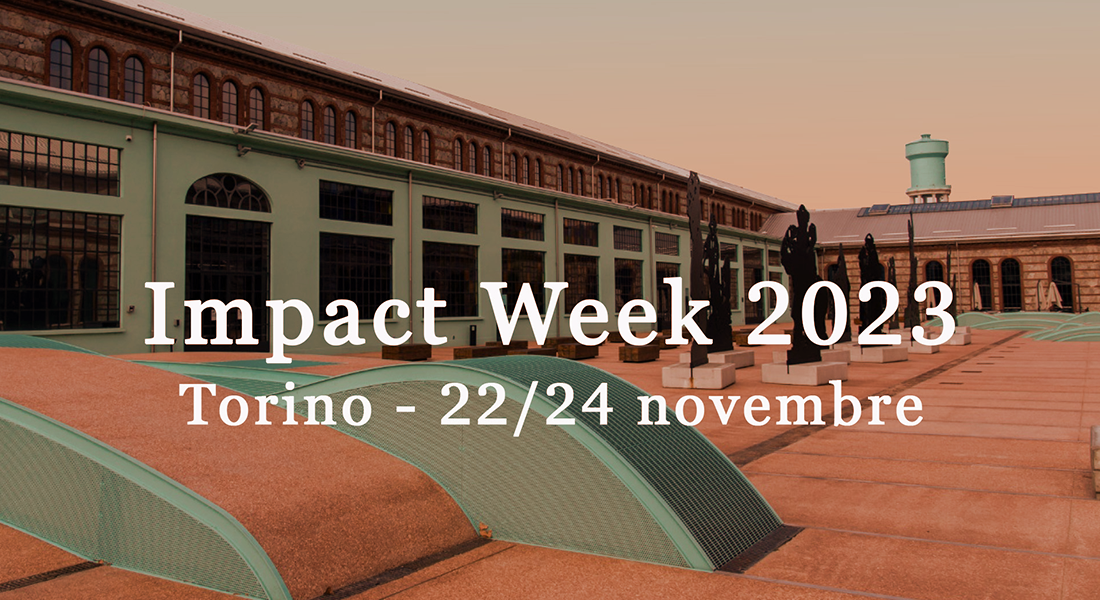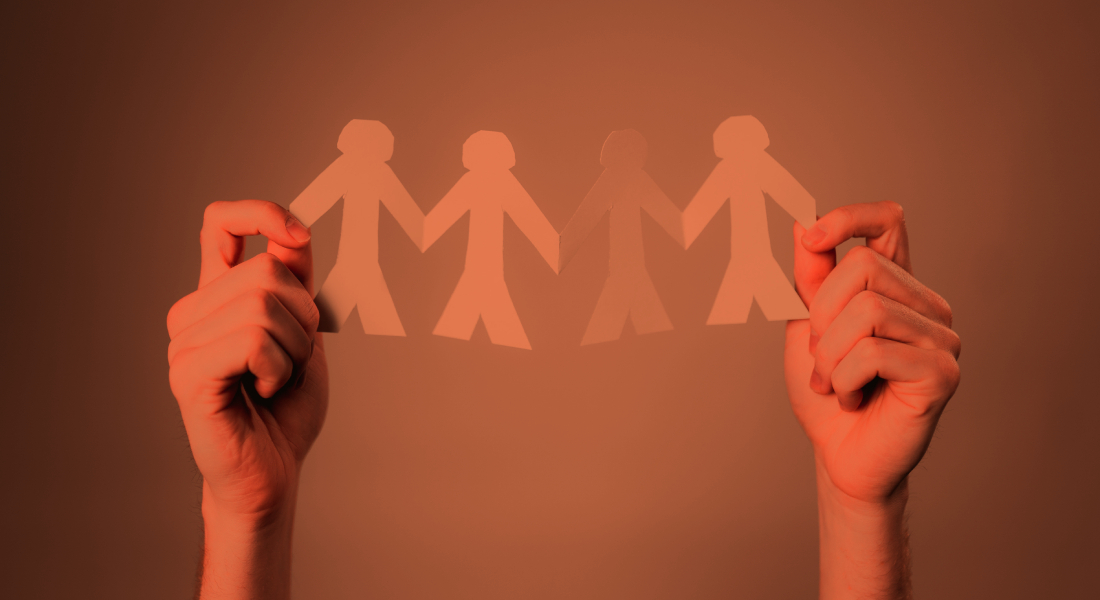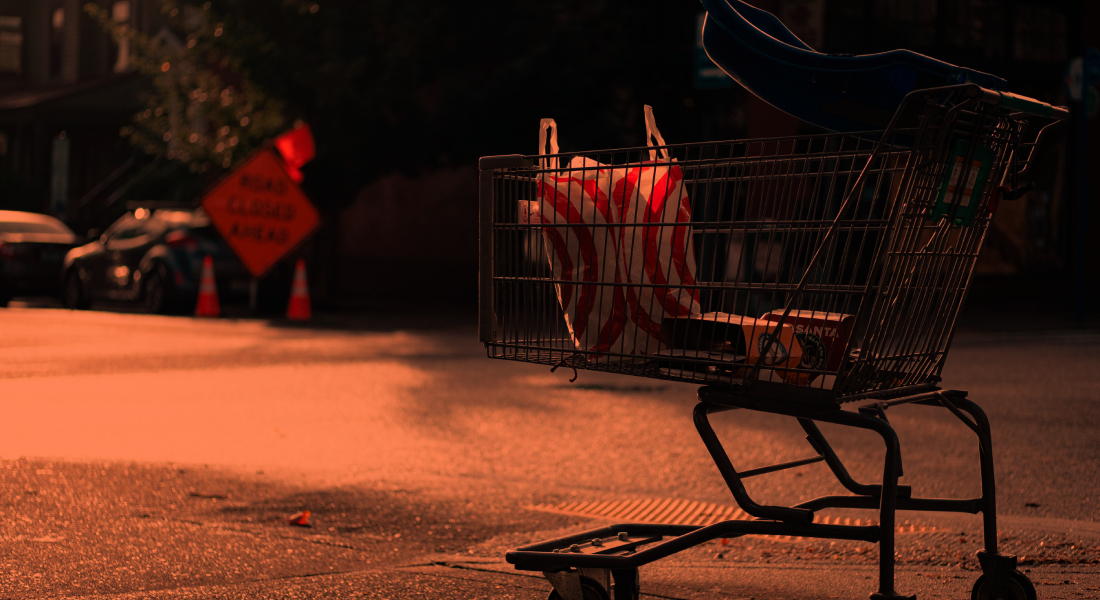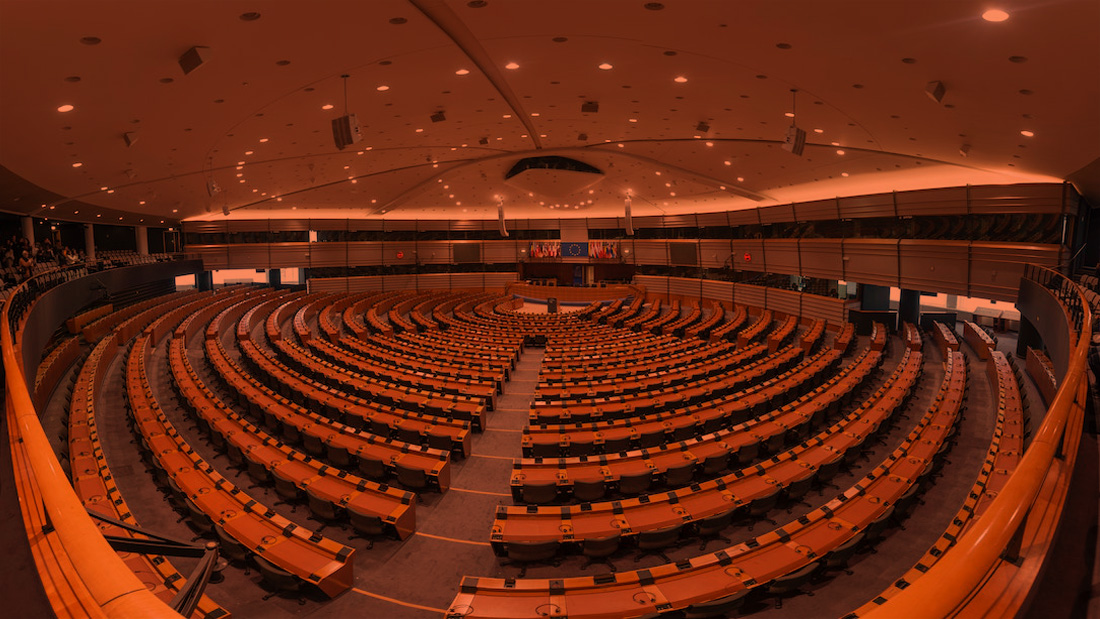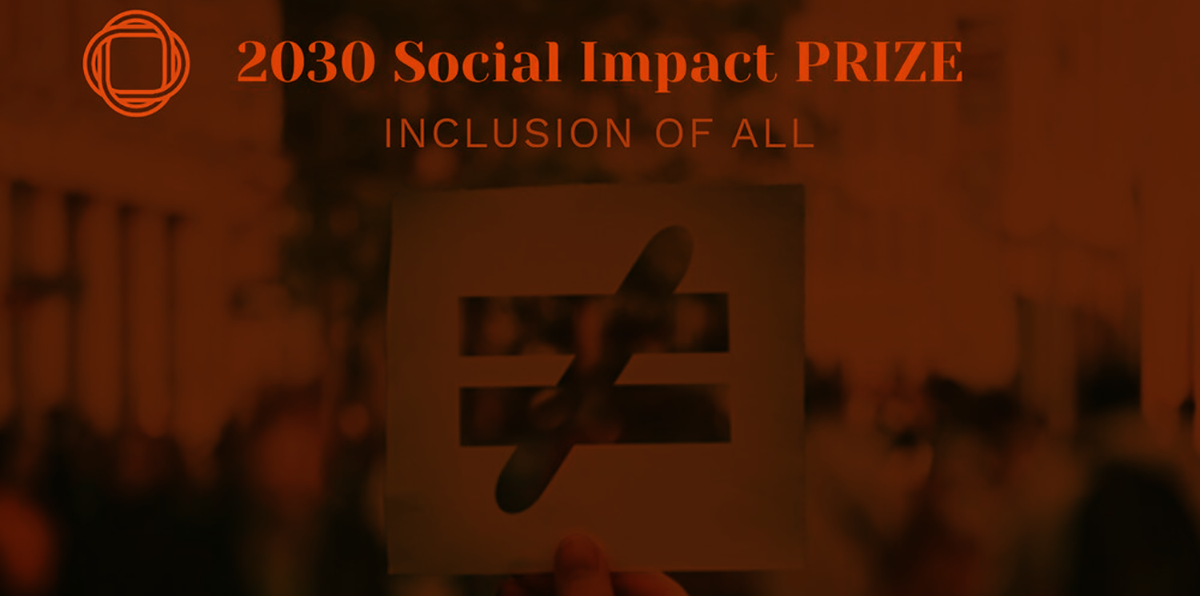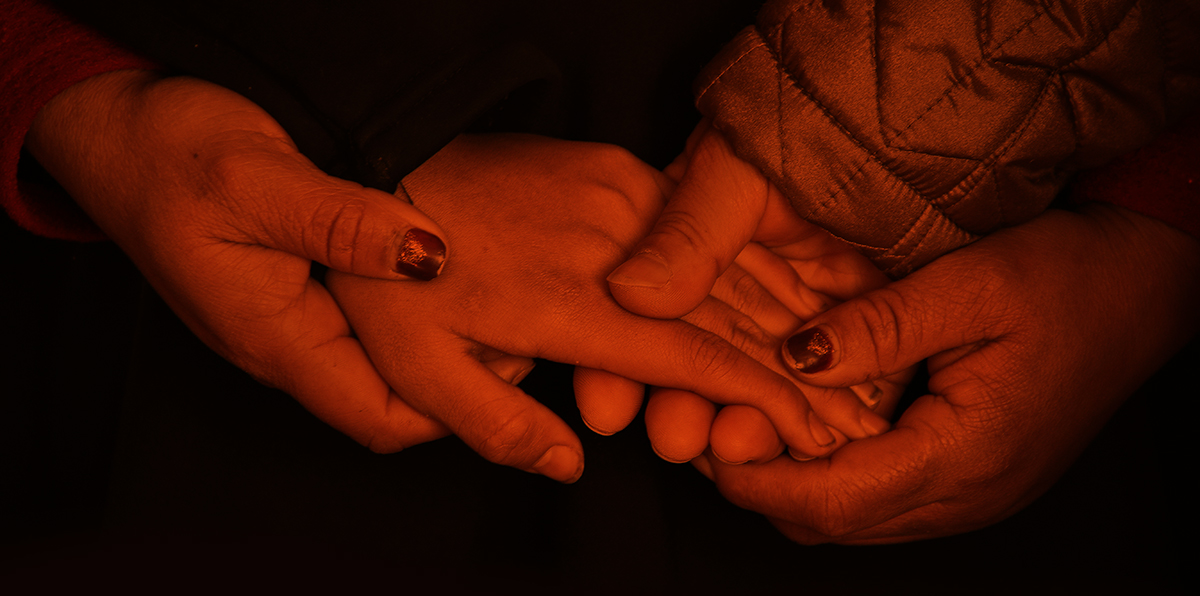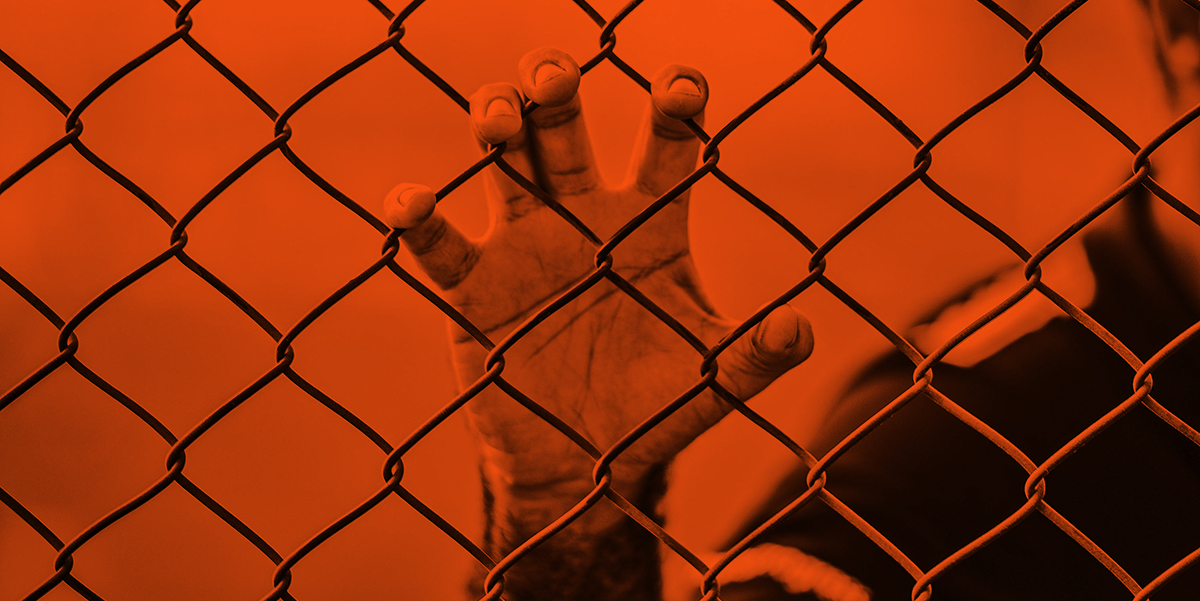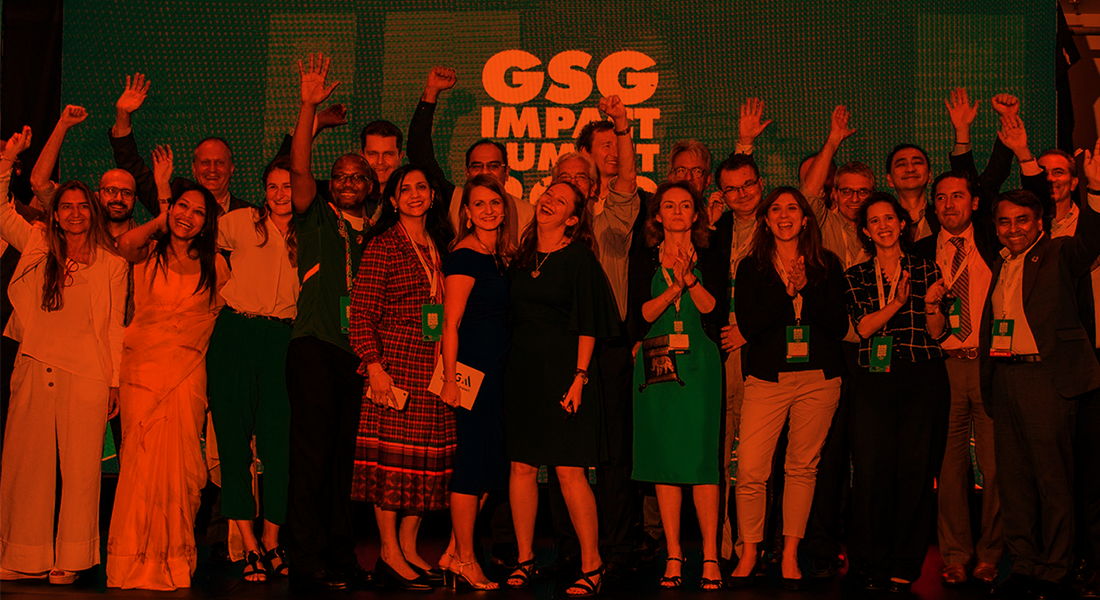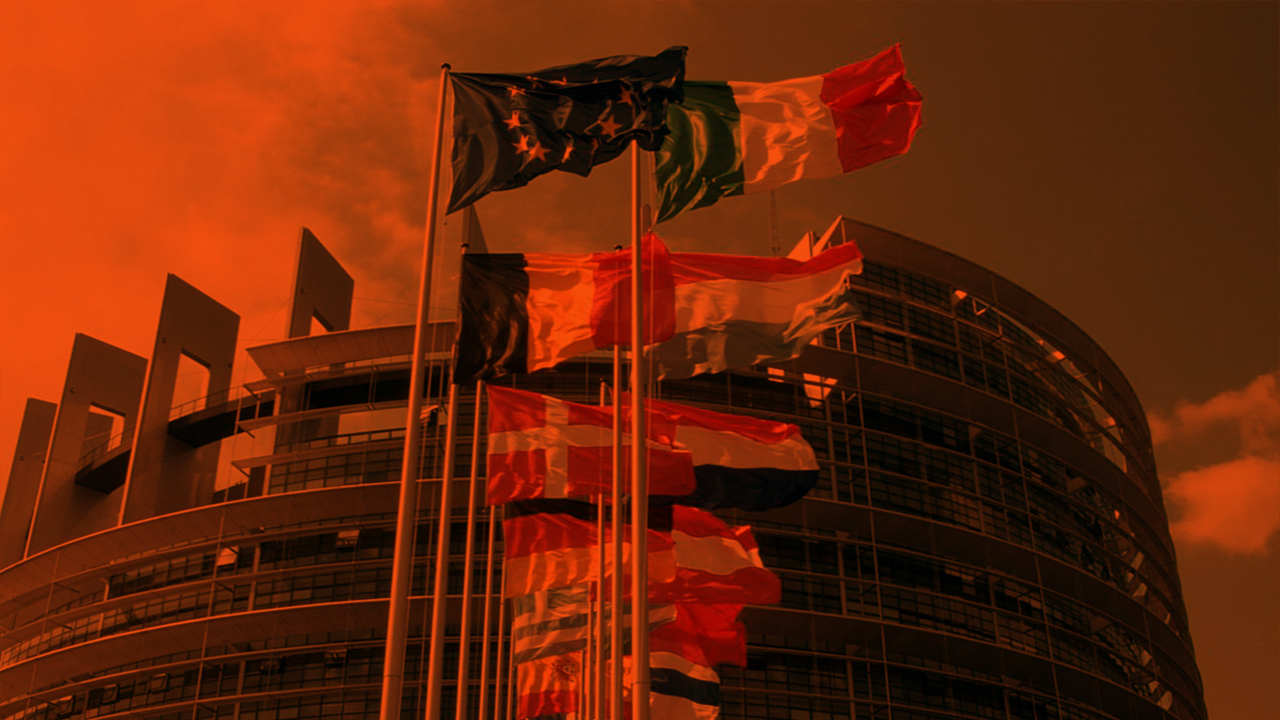Today, the franchising mechanism (as McDonald’s) is growing exponentially and it is a key element to business scaling strategies. Franchising is essentially a collaboration activity between entrepreneurs of production and distribution of services/goods and can be useful for those who want to start a business with less risk of joining an already “registered” trademark. What could happen if the franchising mechanism were applied to scale the social impact of the actors interested in generating value?
As always, the Stanford Social Innovation Review, in a very interesting article, addresses the issue of franchising for social impact. At the same time, franchising can be a multiplier effect for the business of a company and it can help the scalability of the social impact. In the SSIR article, numerous social franchising experiences were analyzed thanks to the collaboration with the University of New Hampshire’s Social Sector Franchise Initiative.
The issue of scalability is always more important in the development of actors who work on social impact. All social enterprises, B Corp or other hybrid legal forms, once their business model is consolidated, need to scale their action, their proposal and their social impact. Franchising, the recognition of a well-defined logo, a transparent, simple and attractive marketing strategy can be strategic to expanding an actor’s sphere of influence. Franchising contributes to increasing the economic and social capital of entrepreneurial activity: it increases skills, knowledge of the market and allows it to become attractive to new consumers. As the SSIR article points out, the modern forms of this business can be found in the 1950s with KFC and McDonalds, dominant franchises today. The sector has grown enormously with an incredible economic impact; it has reached more than 800,000 locations in the United States and sustained 8.9 million jobs, according to the International Franchise Association (IFA). The idea of applying this mechanism to the social sector is not new but remains little explored.
An example of social franchising is Jibu, which works for access to drinking water in emerging markets. This family business, with an investment of 2500-4500 dollars, has created a franchise system for water purification and other equipment (branding, training …). The Jibu franchise, for example, sells drinking water in recyclable containers. The consumer pays only for the water and also gets the free recycled container. Thanks to this, Jibu has defined its business model in a better way and has grown by scaling its impact and allowing others to affiliate with its brand.
However, the challenges are not few. Structuring a franchising business is very expensive, in terms of resources, logistics and skills. Surely, in the long term, both economically and socially, investing in franchising activities can be an innovative and very interesting strategy of scalability. It can be a good strategy to minimize the risk of a new business. You have to be patient, wait for the right moment, but when it comes to social impact as a positive change for society, the worst enemy is haste and the desire for immediate results in the short term.
To learn more about the topic or read about other experiences on social franchising: https://ssir.org/articles/entry/the_promise_of_social_sector_franchising
Archivio:

